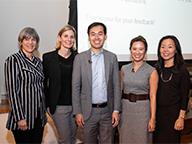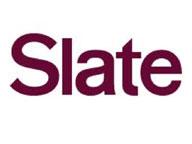Faculty News
—
Professor Tensie Whelan's comments at the 2019 Women & Worth Summit are featured
—

Excerpt from Worth -- "'The biggest challenge that I'm thinking about right now is how to tackle the negative impacts of our current phase of capitalism, which is focused on shareholder primacy and short term-ism and managing to stock price and the negative societal impacts that type of capitalism has on labor force.'"
Faculty News
—

Excerpt from Worth -- "'The biggest challenge that I'm thinking about right now is how to tackle the negative impacts of our current phase of capitalism, which is focused on shareholder primacy and short term-ism and managing to stock price and the negative societal impacts that type of capitalism has on labor force.'"























